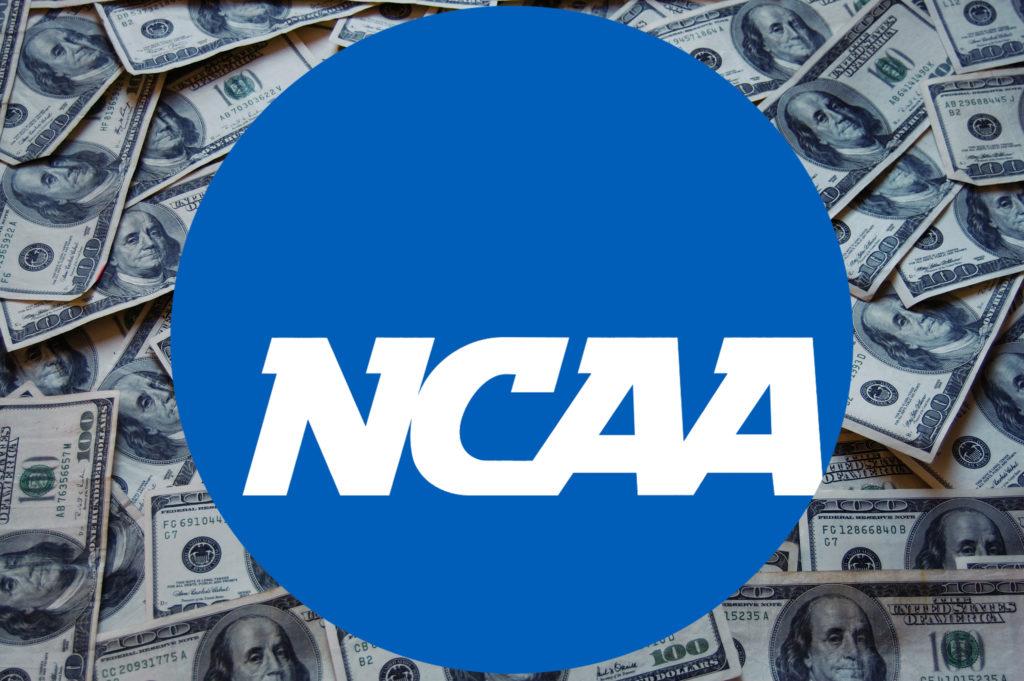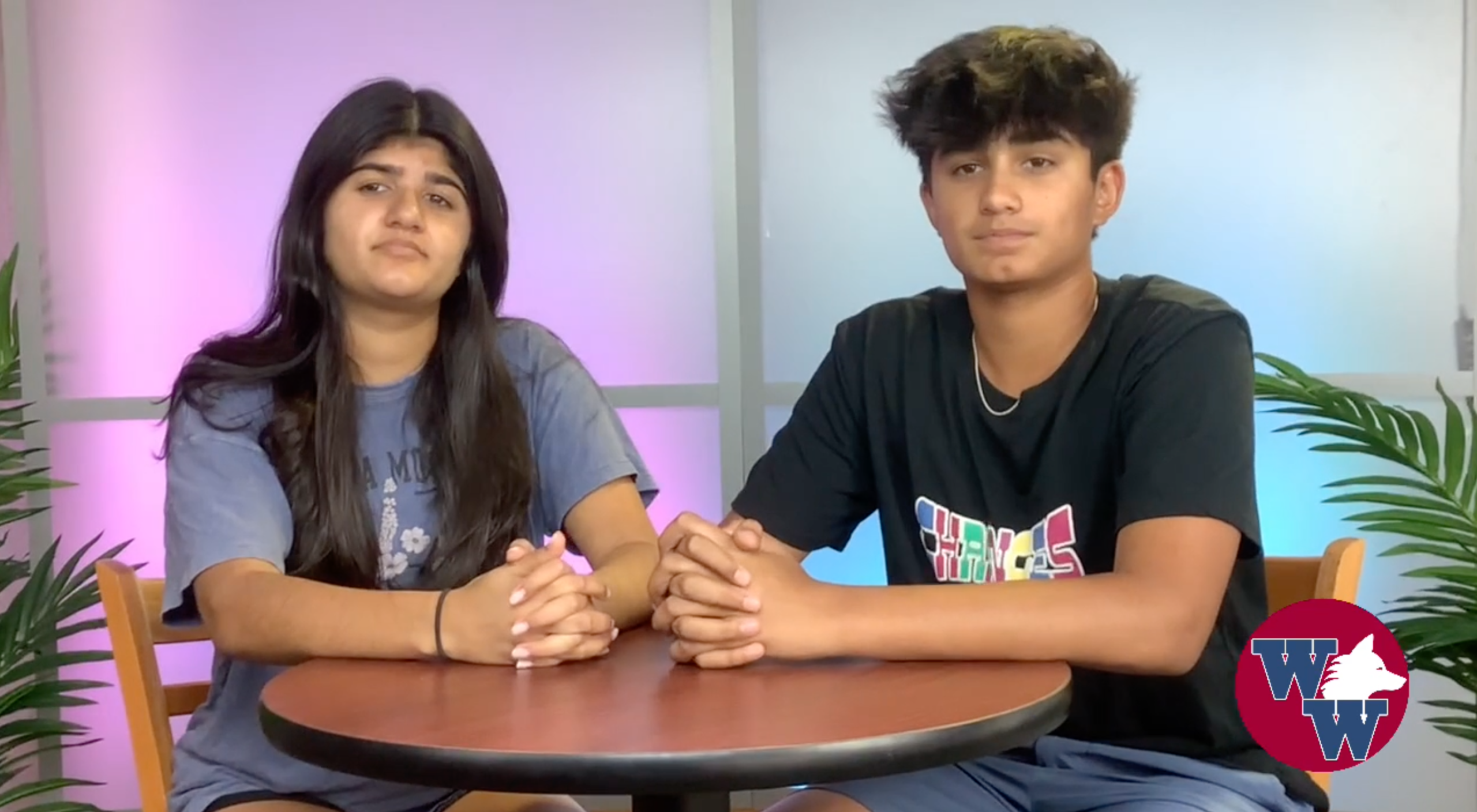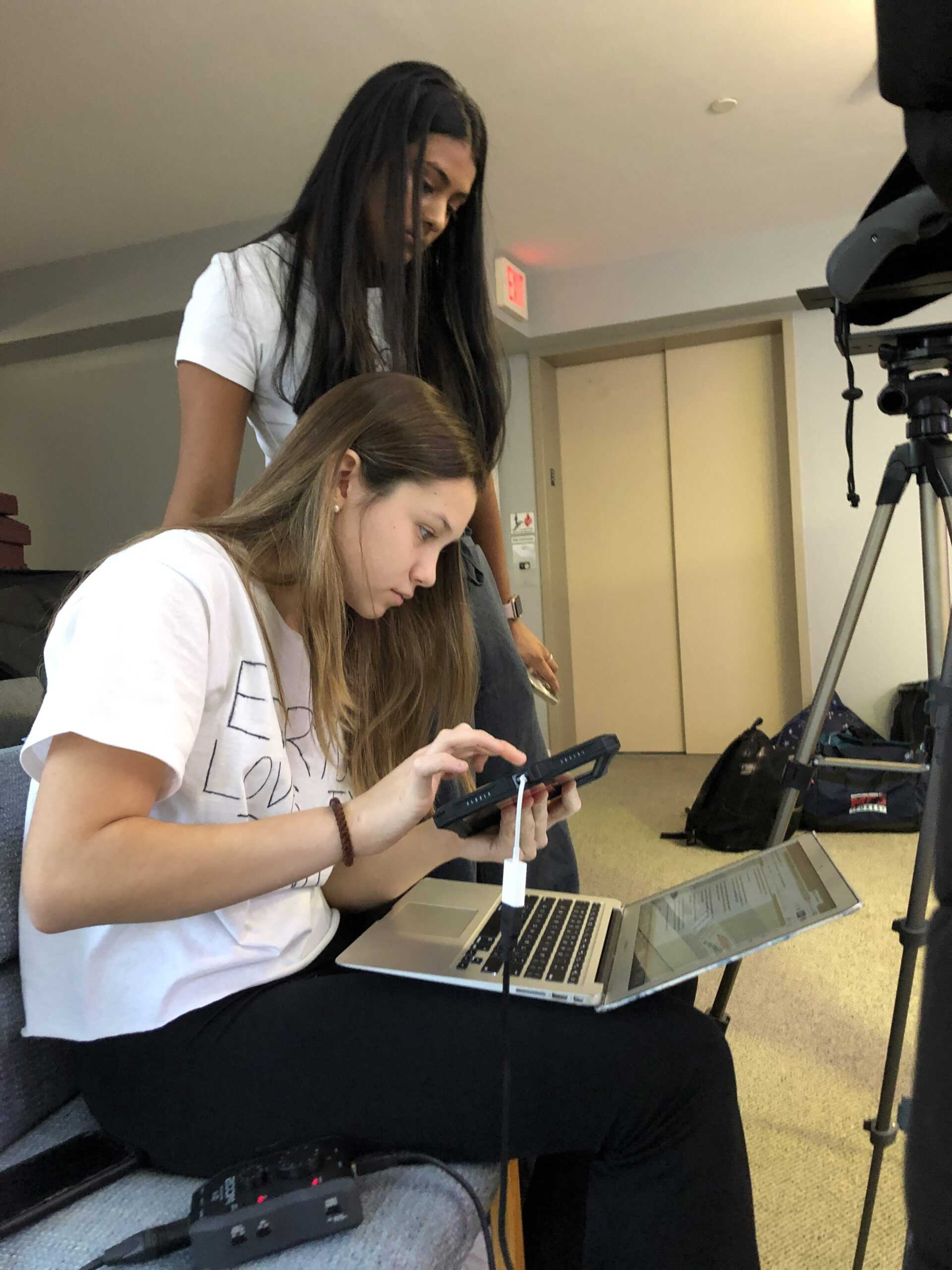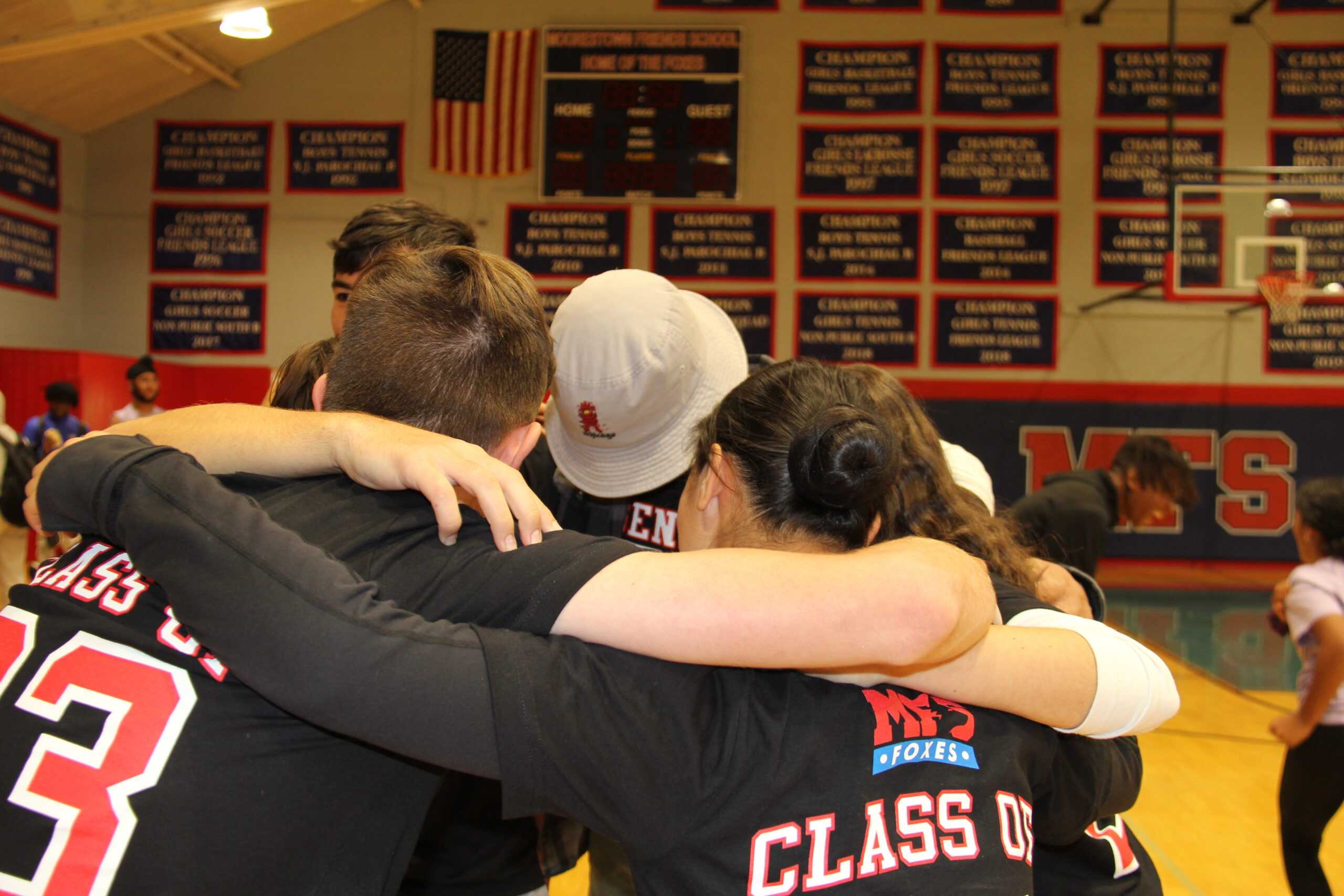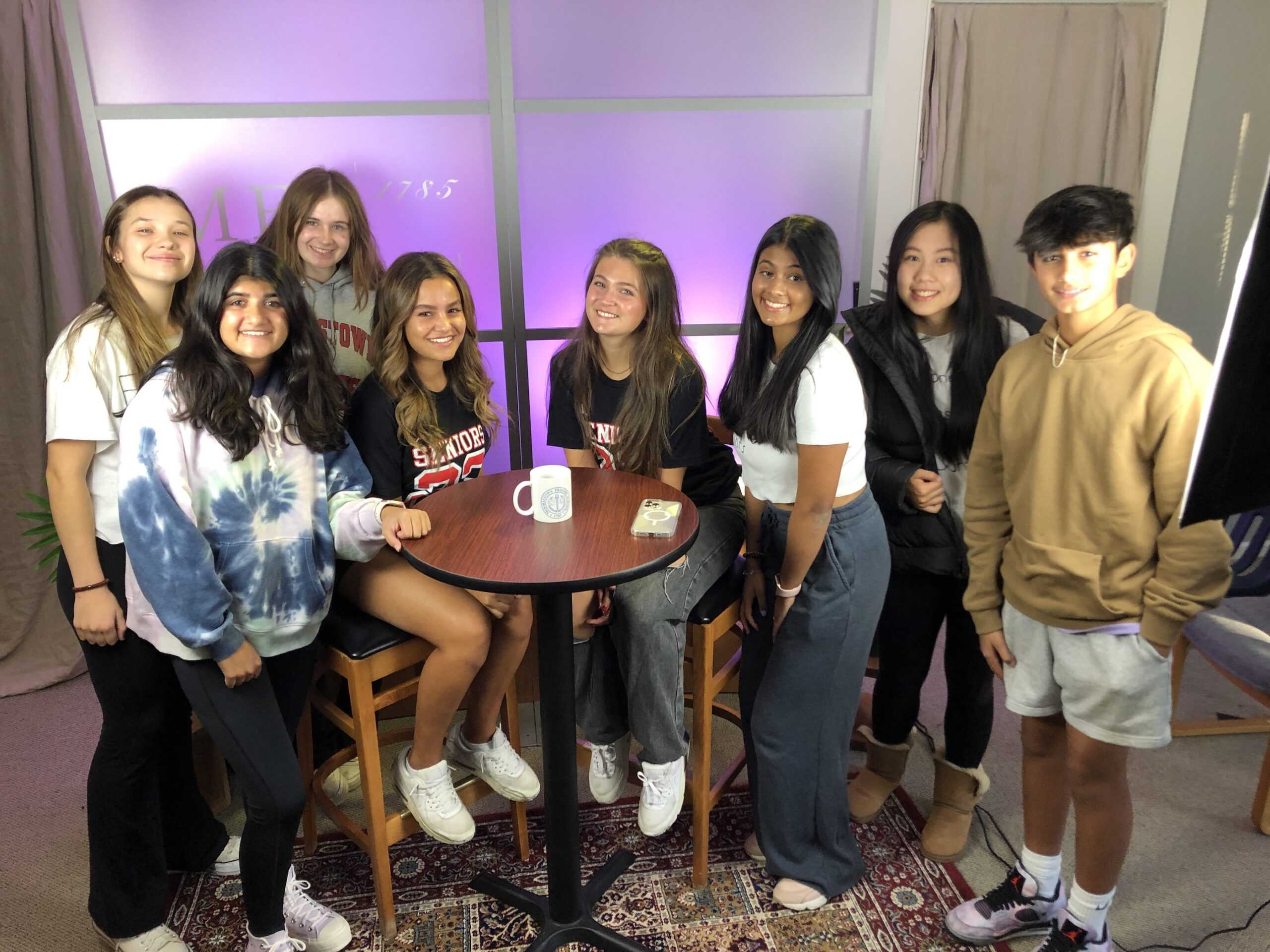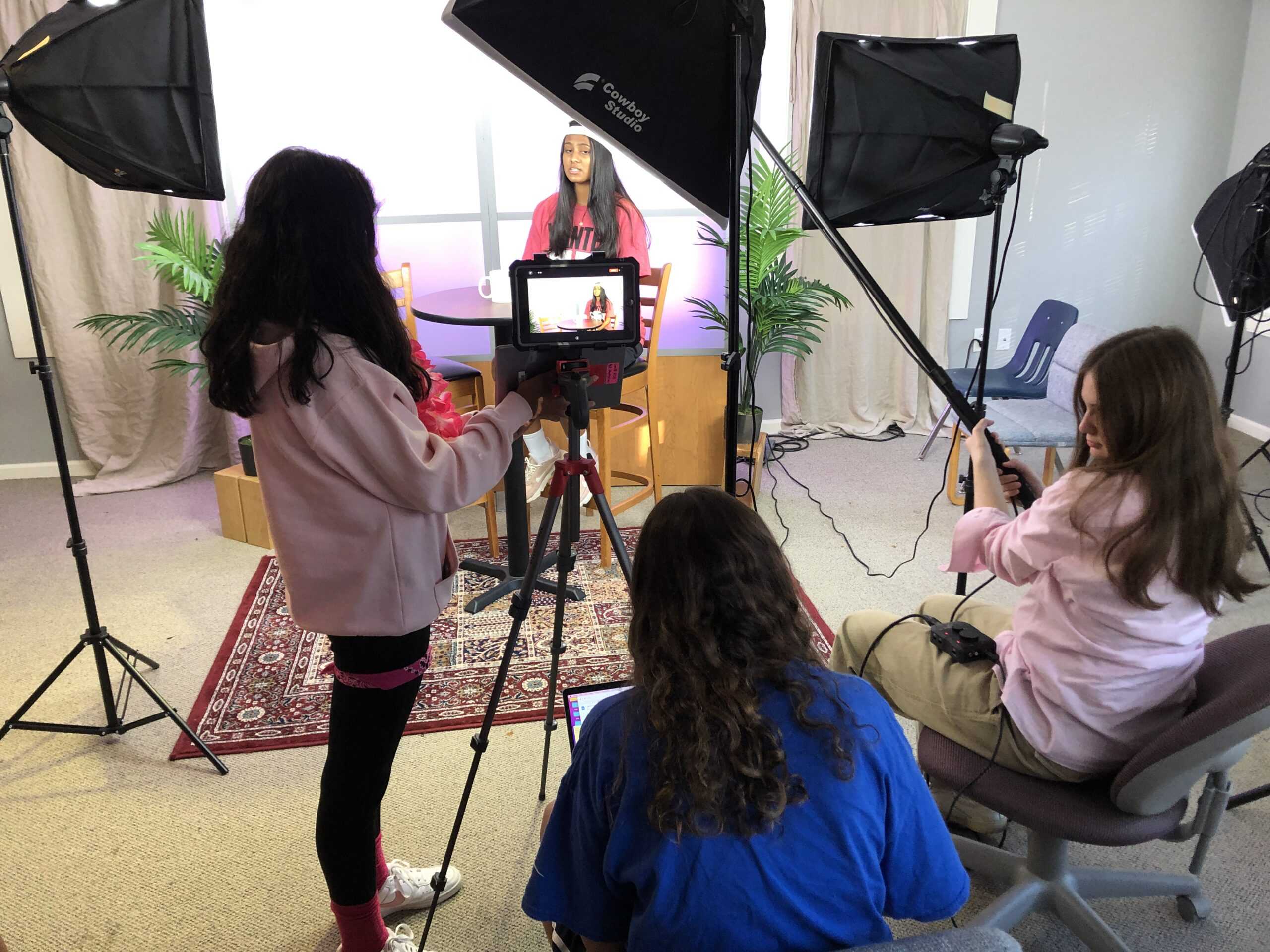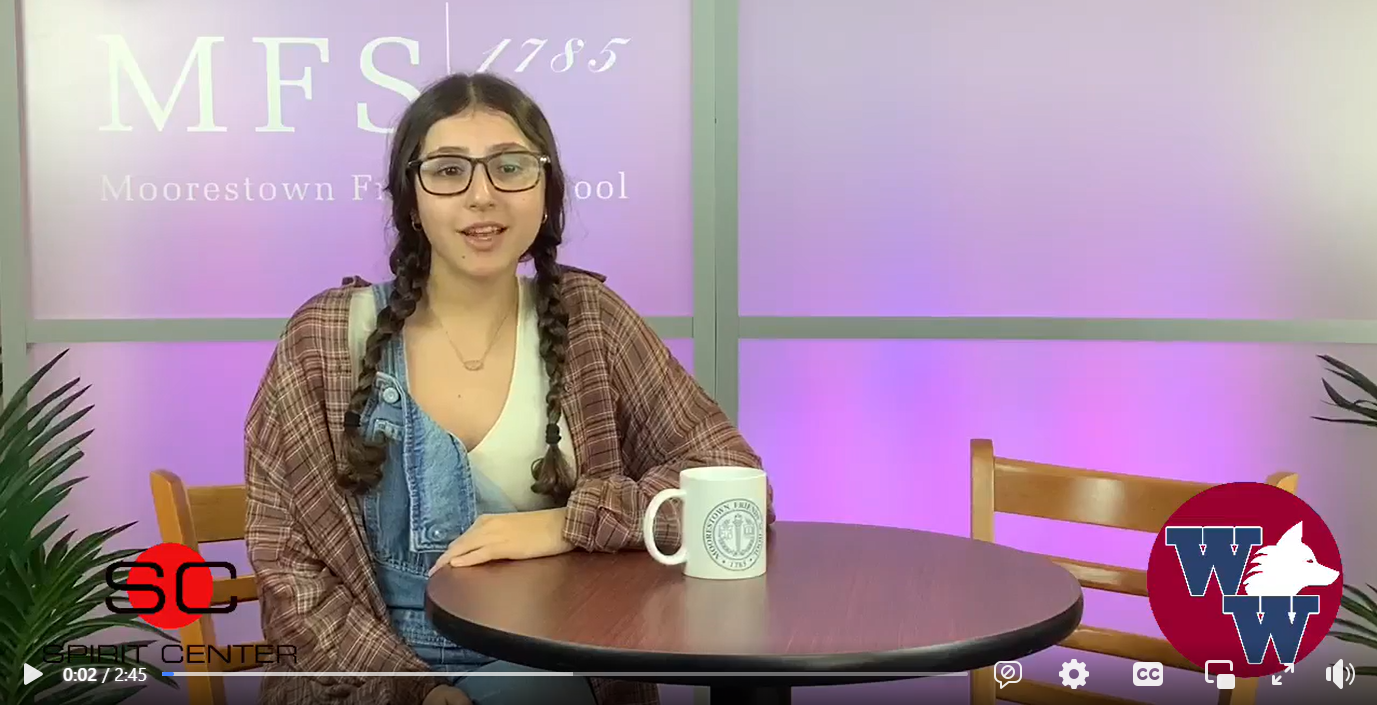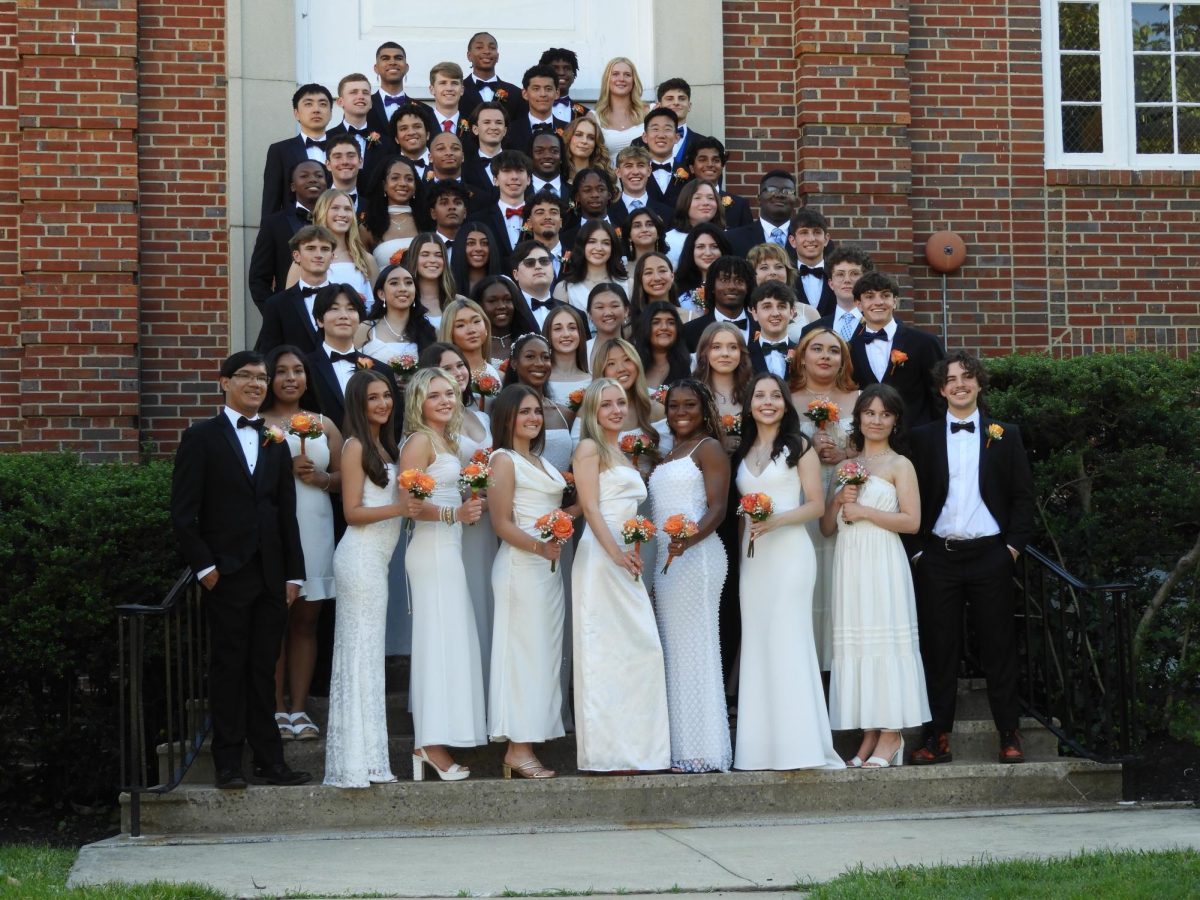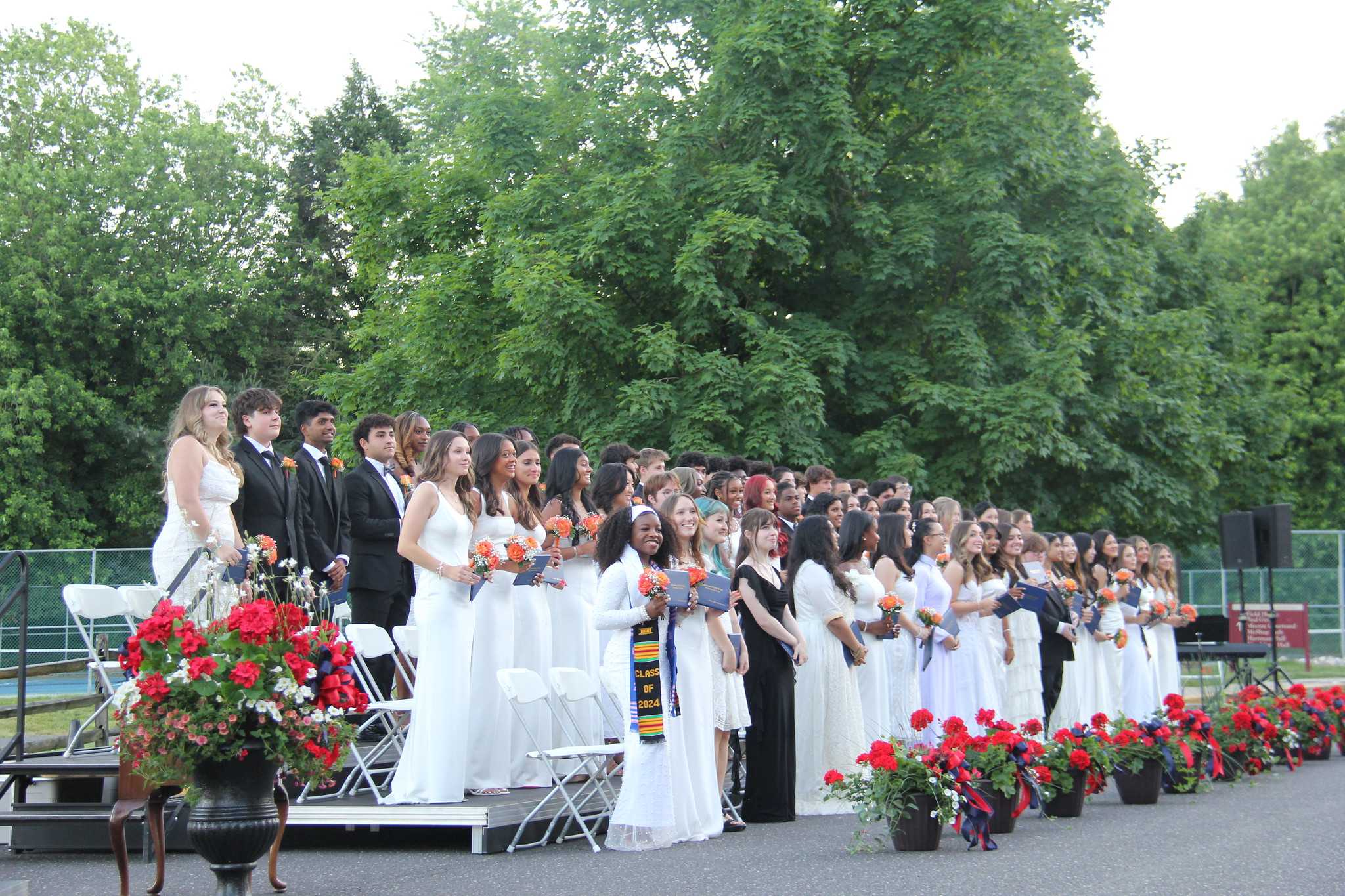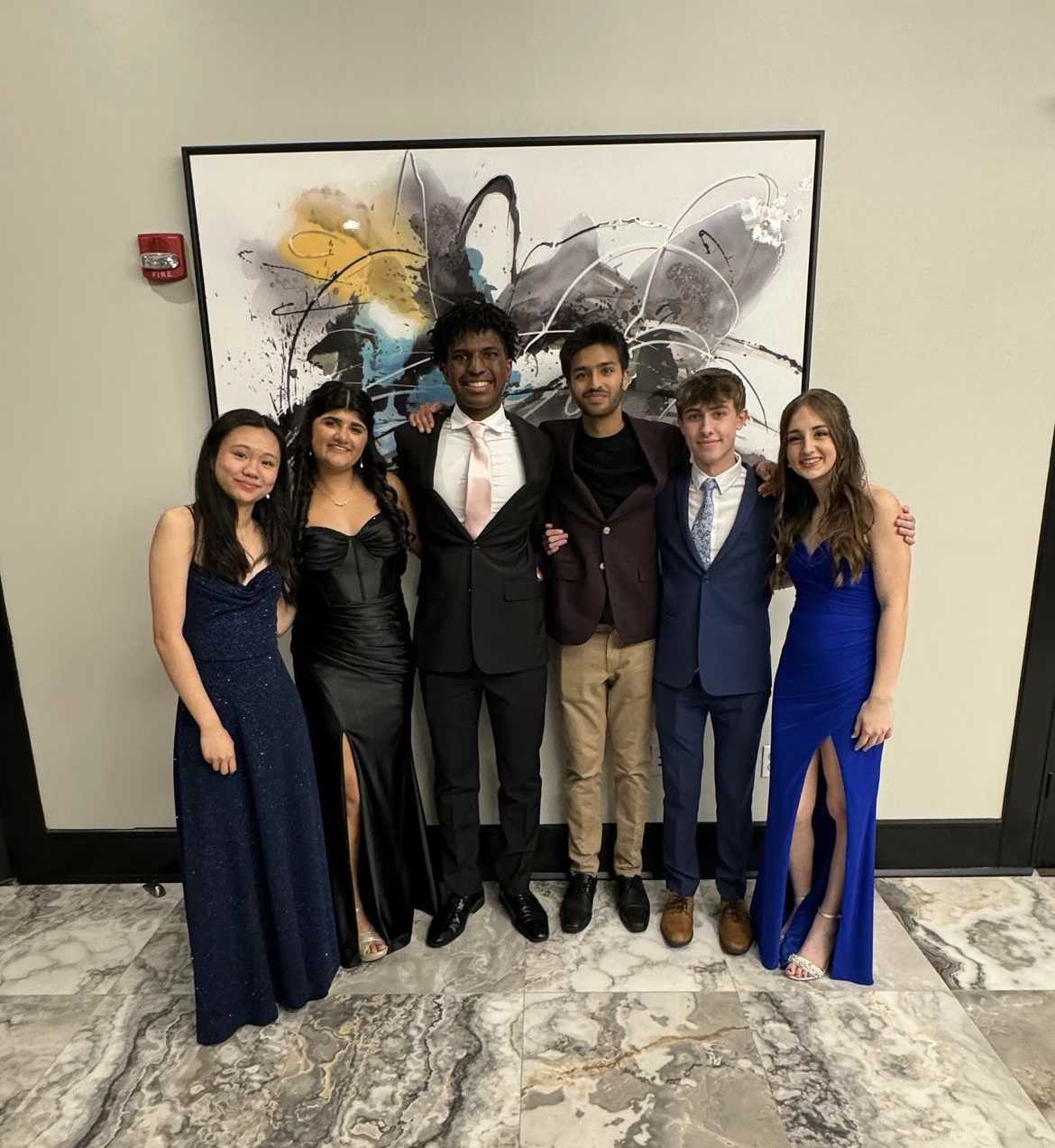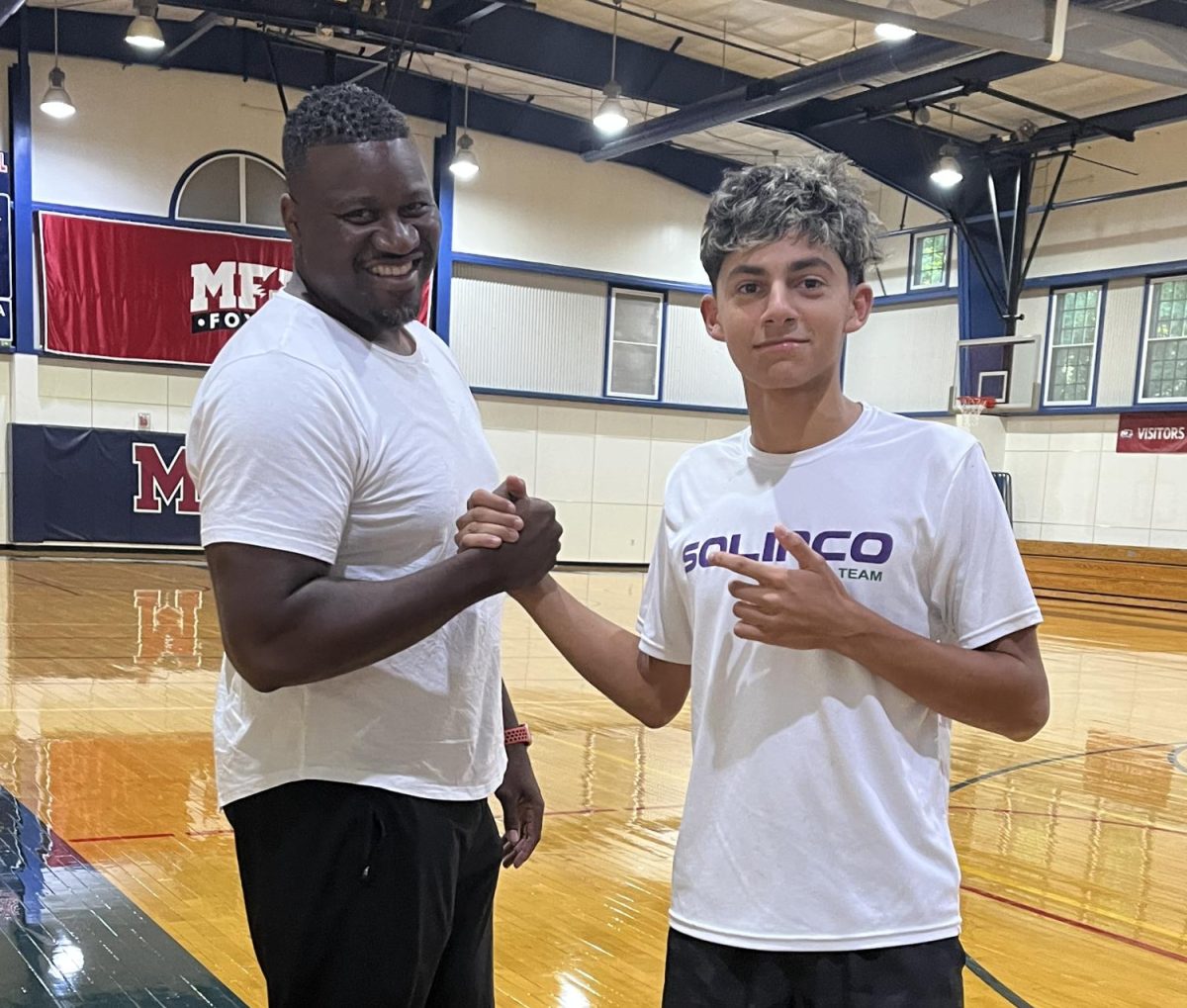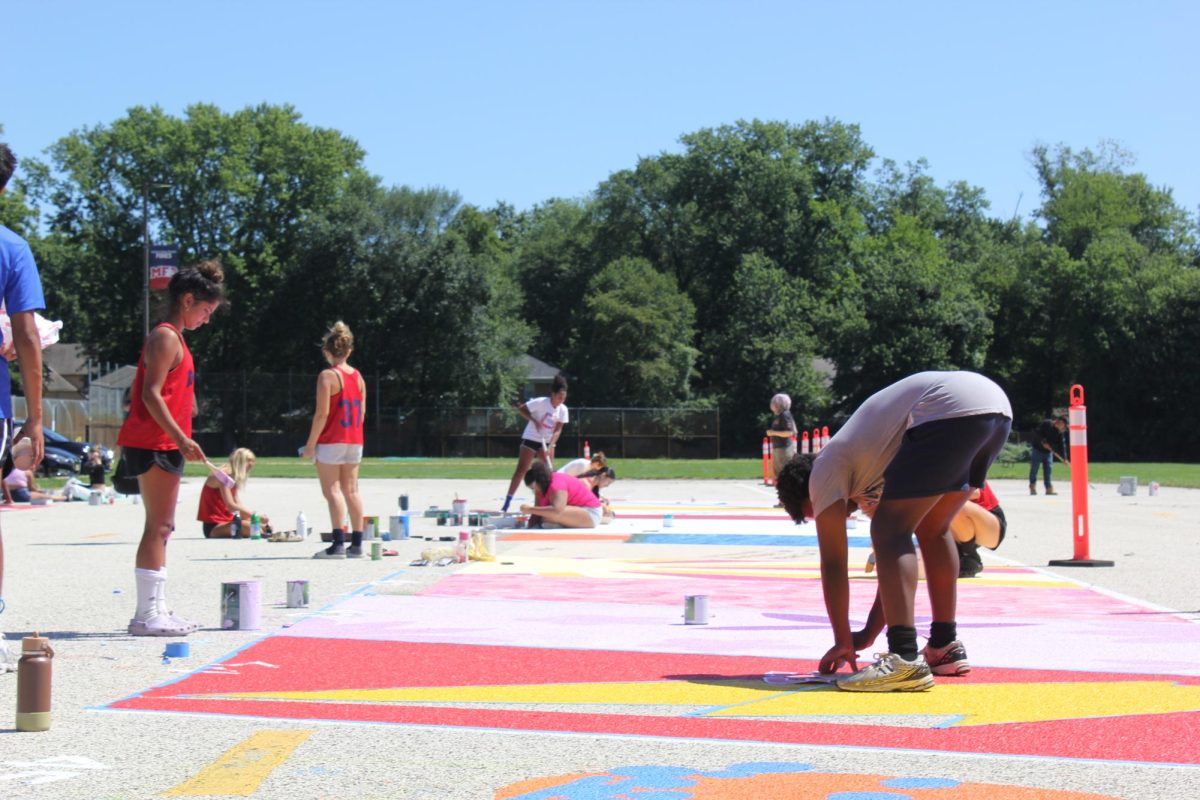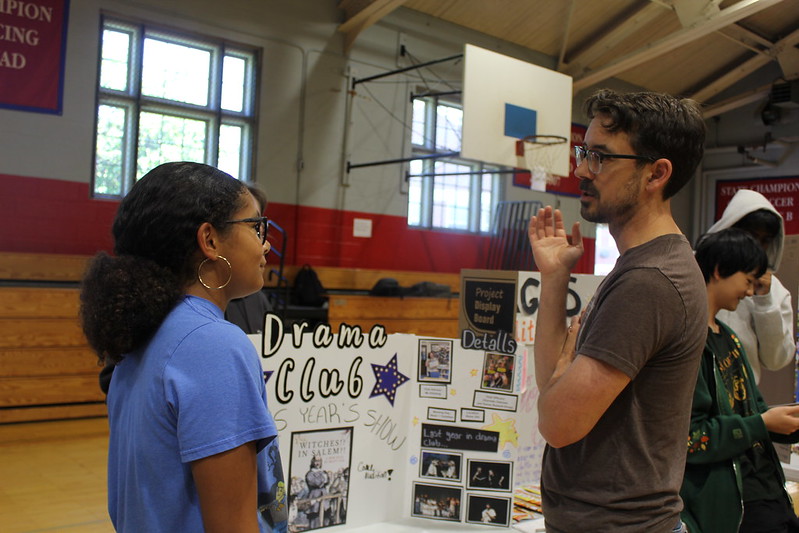https://vimeo.com/mfswordsworth/review/367469345/54da17738f
https://vimeo.com/mfswordsworth/review/367469345/54da17738f
Moderator: Rebecca Benjamin
Camera 1: Sam Bitman
Camera 2: Lizzie Carter
Camera 3/Sound Operator: Ronny Watson
Governor Gavin Newsom of California signed the Fair Pay to Play Act on September 10, 2019, allowing student athletes in the state of California to “[enter] into a contract providing compensation to the athlete for the use of the athlete’s name, image, or likeness.”
This bill does not endorse the payment of student athletes, but rather prevents universities from punishing their athletes for profiting from endorsements. The bill states that “[it ]would prohibit the revocation of a student’s scholarship as a result of earning compensation.” The bill also “would prohibit a student athlete from entering into a contract providing compensation to the athlete for the use of the athlete’s name, image, or likeness if a provision of the contract is in conflict with a provision of the athlete’s team contract.”
The bill creates limitations surrounding the payment of student athletes, and further explains the nuances of the conditions under which student athletes are allowed to profit from their likenesses and when they are prohibited from accepting payments.
This act began its journey through the California Legislature when Senator Nancy Skinner (D-Berkely) introduced her bill on February 5, 2019. Six months later, Senator Skinner’s bill passed unanimously through the State Assembly (73-0) and the Senate (39-0).
Following the Fair Pay to Play Act’s passage through the California Legislature, the bill found its way into the hands of California Governor Gavin Newsom. Governor Newsom had thirty days to decide to veto the bill or sign it into legislation. Within twenty days, Governor Newsom made his decision and signed SB 206, the Fair Pay to Play Act, which will take effect in 2023.
The SB 206 has further opened the door to conversation about paying college athletes. The news of the passing of SB 206 elicited an array of responses.
The NCAA’s Board of Governors published an official response outlining their concerns with the passage of SB 206:
“The 1,100 schools that make up the NCAA have always, in everything we do, supported a level playing field for all student-athletes. This core belief extends to each member college and university in every state across the nation: ‘California Senate Bill 206 would upend that balance. If the bill becomes law and California’s 58 NCAA schools are compelled to allow an unrestricted name, image and likeness scheme, it would erase the critical distinction between college and professional athletics and, because it gives those schools an unfair recruiting advantage, would result in them eventually being unable to compete in NCAA competitions. These outcomes are untenable and would negatively impact more than 24,000 California student-athletes across three divisions… NCAA member schools already are working on changing rules for all student-athletes to appropriately use their name, image and likeness in accordance with our values — but not pay them to play. It isn’t possible to resolve the challenges of today’s college sports environment in this way — by one state taking unilateral action. A national model of collegiate sport requires mutually agreed upon rules. We urge the state of California to reconsider this harmful and, we believe, unconstitutional bill and hope the state will be a constructive partner in our efforts to develop a fair name, image and likeness approach for all 50 states.’”
The Pac-12 Conference, which hosts California colleges, such as UCLA, USC, Stanford, and University of California, released a statement on September 30th that echoed the message the NCAA released:
“The Pac-12 is disappointed in the passage of SB 206 and believes it will have very significant negative consequences for our student-athletes and broader universities in California.” The statement goes on to further explain the consequences a bill of this nature will have on the NCAA. The Pac-12 concludes, “Our universities have led important student-athlete reform over the past years, but firmly believe all reforms must treat our student-athletes as students pursuing an education, and not as professional athletes. We will work with our universities to determine next steps and ensure continuing support for our student-athletes.”
Others have viewed the Fair Pay to Play act as a sign of the justice for college athletes. Lebron James has been one of the most vocal supporters of this act. James not only hosted Governor Newsom on his HBO show, “The Shop,” but he even had him sign SB 206 live on the show.
I’m so incredibly proud to share this moment with all of you. @gavinnewsom came to The Shop to do something that will change the lives for countless athletes who deserve it! @uninterrupted hosted the formal signing for SB 206 allowing college athletes to responsibly get paid. pic.twitter.com/NZQGg6PY9d
— LeBron James (@KingJames) September 30, 2019
Other athletes have since echoed James’ support for the bill. Cleveland Browns Wide Receiver, Jarvis Landry, was seen sporting an SB 206 t-shirt before his Monday Night Football match-up. Reggie Miller also took to Twitter to show his love for this new bill, tweeting, “This would be me if I was standing in front of Gavin Newsom after the signing of the SB 206… Gone is the power, manipulation these universities, athletic directors, coaches have had… Everyone should have a hand in the cookie jar… You’ve finally been HEARD Ed O’Bannon…”
This would be me if I was standing in front of Gavin Newsom after the signing of the SB 206… Gone is the power, manipulation these universities, athletic directors, coaches have had… Everyone should have a hand in the cookie jar… You’ve finally been HEARD Ed O’Bannon… pic.twitter.com/e9EJ8aAYEy
— Reggie Miller (@ReggieMillerTNT) September 30, 2019
Outside of the sports world, Senator Bernie Sanders expressed his support for SB 206 on Twitter, putting it simply, “College athletes are workers. Pay them.”
College athletes are workers. Pay them. https://t.co/PNEefTbS2O
— Bernie Sanders (@BernieSanders) September 6, 2019
Other states, such as Pennsylvania, Colorado, Florida, Illinois, and Nevada, are among the many states that have begun to introduce bills similar to SB 206 into their own legislature. Representative Mark Walker (R-NC) is looking to introduce a bill entitled “Student Equity Act” on the federal level.
The passage of these bills presents an added challenge for student athletes. NCAA regulations states that:
“You are not eligible in a sport if you ever have accepted money, transportation or other benefits from an agent or agreed to have an agent market your athletics ability or reputation in that sport. [Bylaw 12.3.1]
You are not eligible in any sport if, after you become a student-athlete, you accept any pay for promoting a commercial product or service or allow your name or picture to be used for promoting a commercial product or service. [Bylaws 12.5.2.1 and 12.5.2.2]
You are not eligible in any sport if, because of your athletics ability, you were paid for work you did not perform, were paid at a rate higher than the going rate or were paid for the value an employer placed on your reputation, fame or personal following. [Bylaw 12.4].”
The acts proposed by these state legislatures directly contradicts these bylaws. This leaves student athletes, who are contractually bound to the NCAA, but represent schools in states passing bills that disregard NCAA bylaws, at an impasse.
🚨MFS WORDSWORTH POLL🚨: Should college athletes be paid for paying a sport for their university? DM us if you have an interest in voicing your opinion on this topic.
— MFS WordsWorth (@MFSWordsWorth) October 3, 2019
Recent MFS alum Amanda Cooper (‘18) told WordsWorth, “This subject is a very sticky situation.”
Cooper, after graduating from MFS in 2018, went off to Brown University to compete on their Division I field hockey team. She explained to WordsWorth what she learned following a compliance meeting she attended regarding the passage of SB 206 and what it means for collegiate athletes who are required to adhere to NCAA regulations: “The NCAA has its own set of regulations against athletes being paid,” she said. “This means,” she continued, “that even though it is allowed in the state of CA, if an athlete in CA were to accept any money or compensation for anything regarding or promoting their sport, the NCAA could kick them off their team.”
Cooper cited the “compliance forms everys single collegiate athlete in the USA signs at the beginning of every year” as the NCAA’s support for their right to contradict SB 206.
Just because student athletes, per the NCCA, are forbidden from being paid does not mean they do not want to be paid. A survey from CollegePulse reports that “a new survey of 2,500 undergraduates finds that 8 in 10 students (84%) say the NCAA takes advantage of student athletes.”

Further polling shows that 53% of students believe college athletes should get paid. CNBC further broke down this study, examining how students responded to the questions of how payments among student athletes would be distributed and whether or not students should profit from their image. CNBC reported that “60% percent of those polled said that salaries should be paid to all athletes, and 38% said salaries should only be paid to athletes playing sports that bring in revenue.” On the topic of whether or not college athletes should profit off of their likeness, per CNBC’s study of CollegePulse’s data, found that “77% of all students said they favor or strongly favor that policy and 81% of athletes said the same.” The study concluded that 80% of students and 83% of athletes believed athletes should be allowed to make a profit off of the use of their image, for example, when their face is put on merchandise.
Even with the passing of the Fair Pay to Play Act, the future of paying college athletes remains a mystery. The Fair Pay to Play Act has brought the conversation about rewarding college athletes to the forefront of the news, with no plans of leaving the limelight any time soon. This conversation about rewarding college athletes is just the beginning of a future for equity.

